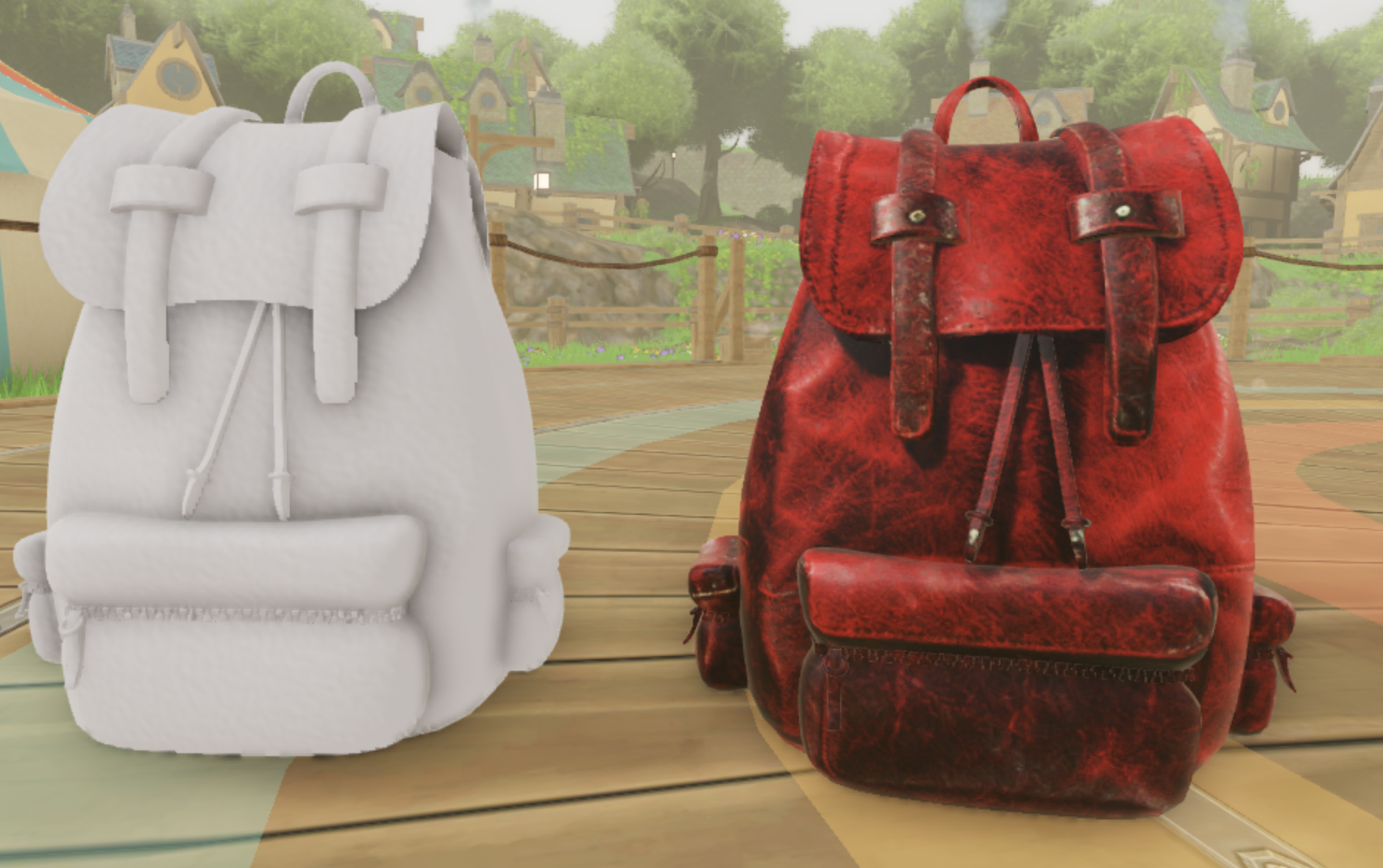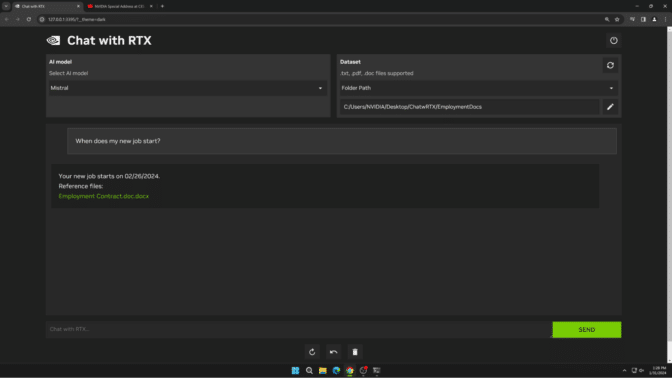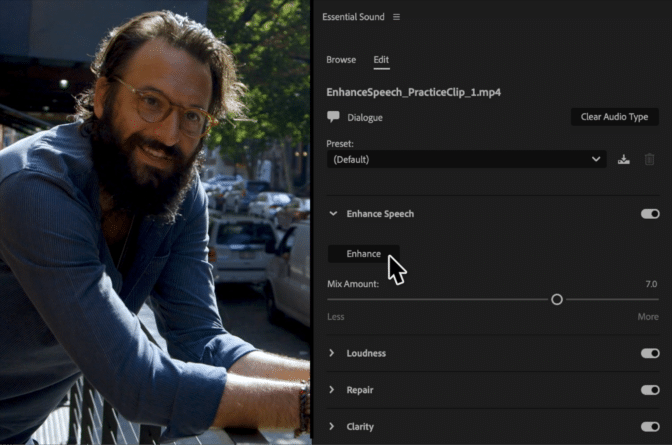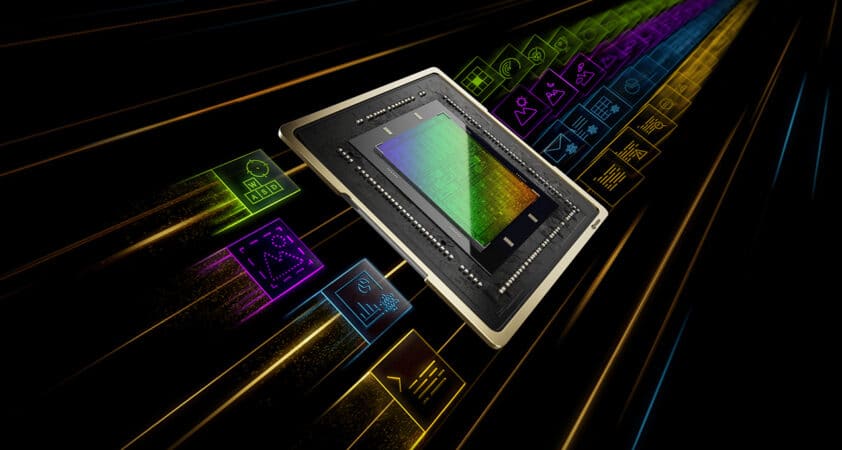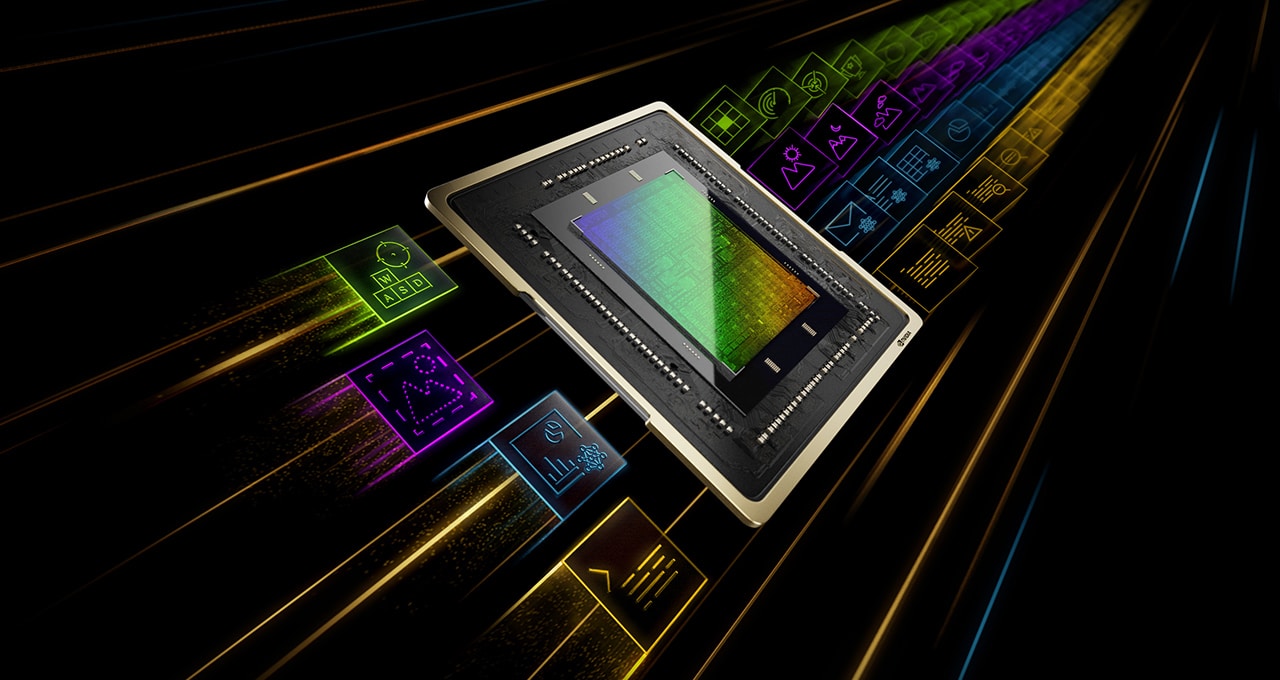Making Creation and Expression Easier for Anyone In Marketplace
- For the first time, Roblox is making it easier for anyone to create in Marketplace.
- Marketplace is a powerful place for creators and brands to connect with their audience.
- We’re expanding Marketplace to be more personal and to foster more self-expression.
- We’re developing new tools and systems to ensure that Marketplace is safe and that creators’ and brands’ IP is protected.
At Roblox, we’re building an immersive platform for connection and communication where 71.5 million users* come every day to entertain themselves, hang out with friends, and have fun.
Nearly everything users discover on Roblox is made by our global community of creators. And our job is to help creators make the experiences, avatars, clothing, and accessories our users will enjoy.
Since 2019 we’ve allowed, through application only, a small and growing number of people to create 3D virtual items in Marketplace, one of the key destinations on Roblox for users to shop and express themselves through their avatars.
Today, we’re making it easier for anyone to create in Marketplace. This will be a powerful step forward for creators and brands to market a diverse collection of avatars, clothing, and accessories, and to connect with their audience.
One of the biggest benefits of this is the surge of great new content that we expect will soon be available there. Millions of users already visit Marketplace every day, and in December, 2023, nearly 71 percent of them spent time editing their avatar. And people have bought billions of items there, including nearly 1.6 billion digital fashion items during the first nine months of 2023. Brands are also getting in on the action: in 2023, our brand partners sold about 27 million items on Roblox.
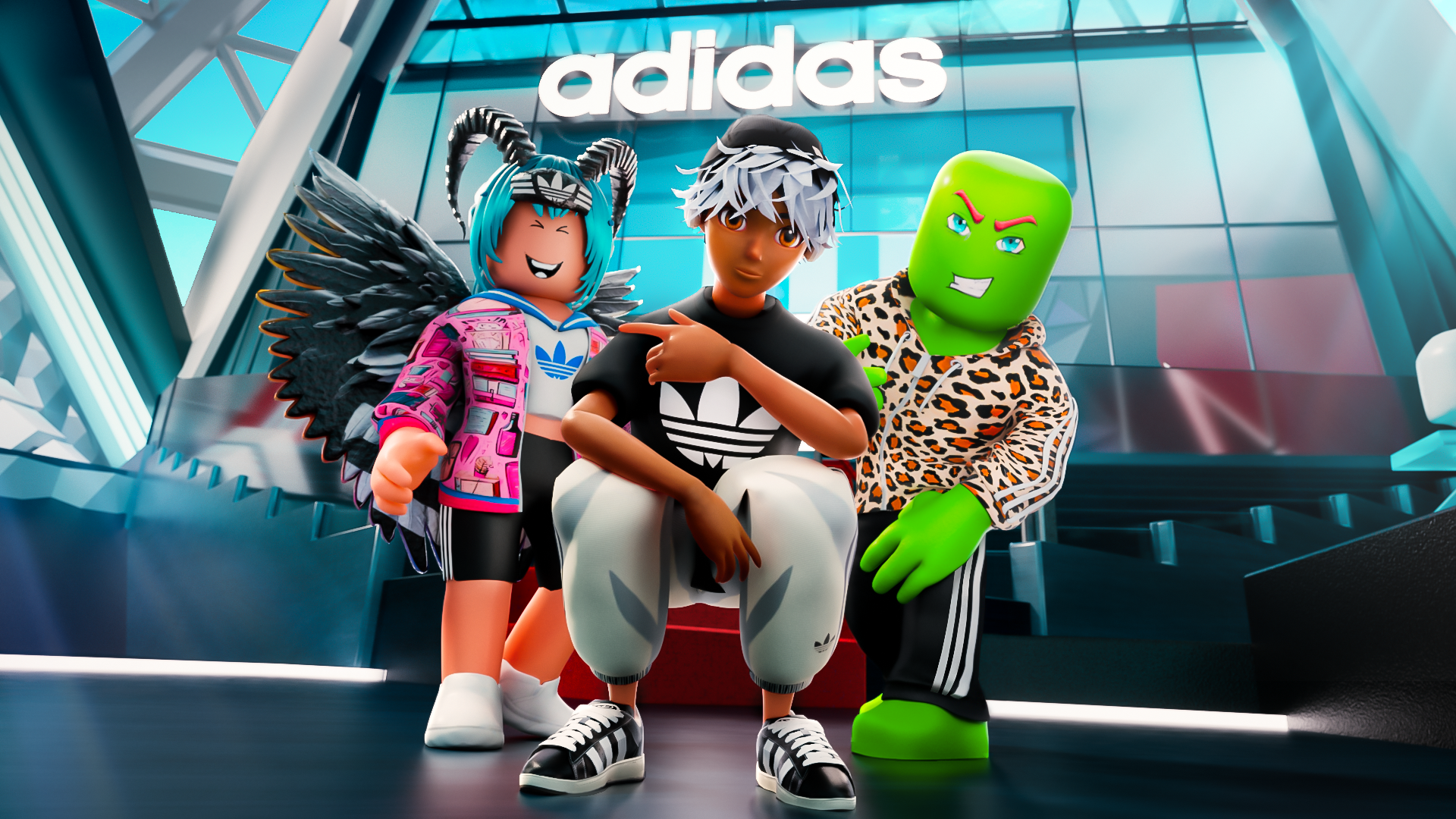
adidas is bringing its iconic sport and lifestyle brand to Roblox
A great example is adidas. The brand has collaborated with Roblox creators like Rush_X and CoffeeNerdz on a diverse catalog of hundreds of items, including rare, sold-out Limiteds like its Neckpiece. adidas is bringing its iconic sport and lifestyle product to Roblox and plans to experiment with a shopping experience where users can create their own adidas virtual items and outfits.
In Marketplace, some creators have found success by diversifying the variety of things people can buy. A great example is Lirn, an original Marketplace creator, who wanted to fill a gap in gaming for authentic Black hairstyles. A self-taught creator, she’s collaborated with brands like Gucci, and created items like her HeadScarf, Bantu Knots, Pigtails Locs, Box Braids, and others. Roblox users have bought millions of her items.
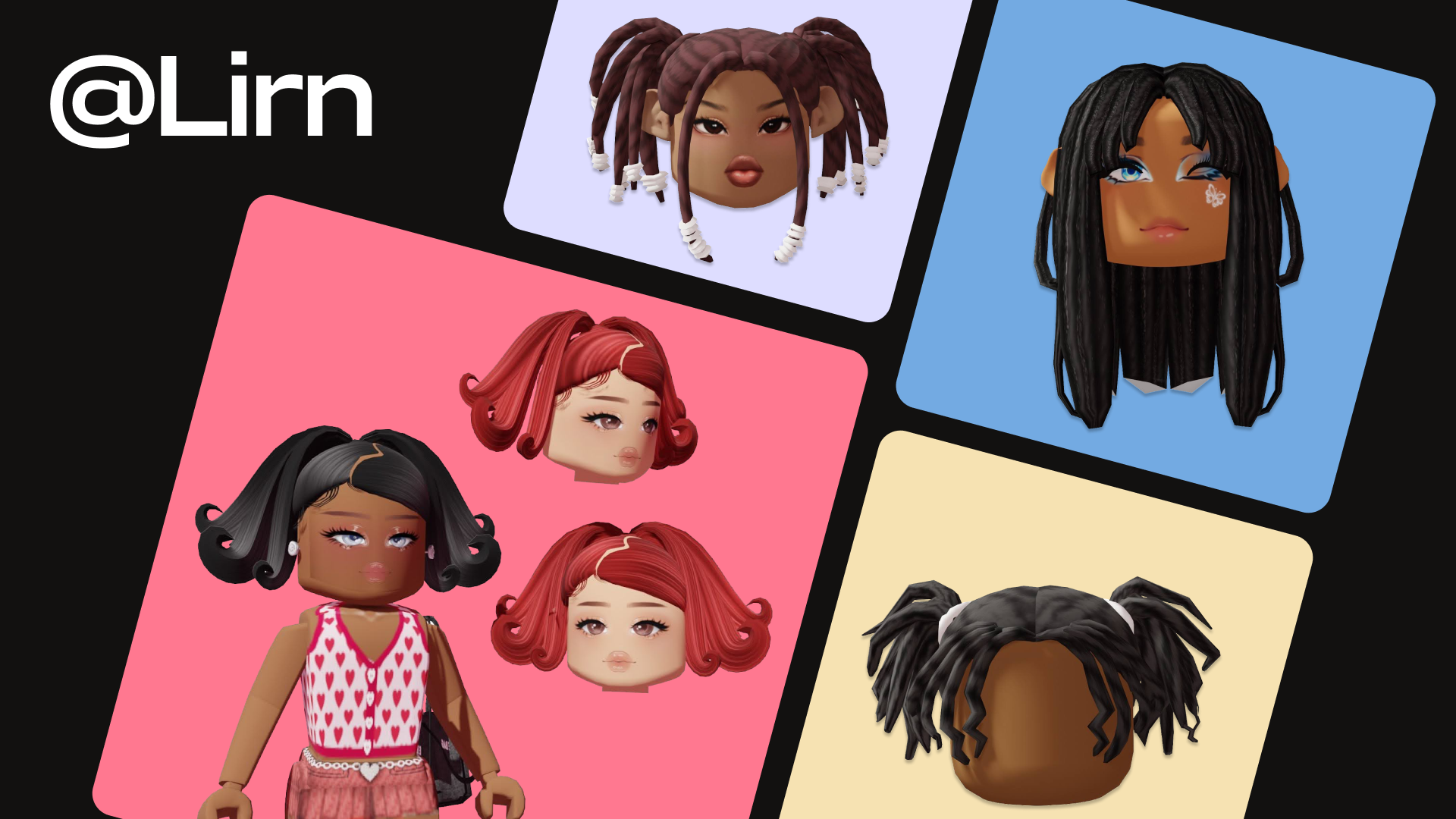
By opening up creation on our platform, we’re now able to welcome more creators like Lirn. Moving forward, here are the three areas we’re focusing on to achieve this:
- Making creation easier for anyone
- Evolving Marketplace to foster more self-expression
- Laying the foundations of a healthy Marketplace
Making Creation Easier for Anyone
Making it easier for anyone to create and sell 3D virtual items in Marketplace and/or in experiences is just the start. We’re also working to inspire professional creators to build successful businesses on our platform by developing new ways to make creation on Roblox easier, regardless of their experience level.
For example, our new Avatar Auto Setup tool leverages AI to quickly and automatically convert 3D models into avatars people can use on Roblox right away. Using this tool, which is launching broadly in the coming month, can reduce the time it takes to create an avatar from days to minutes.
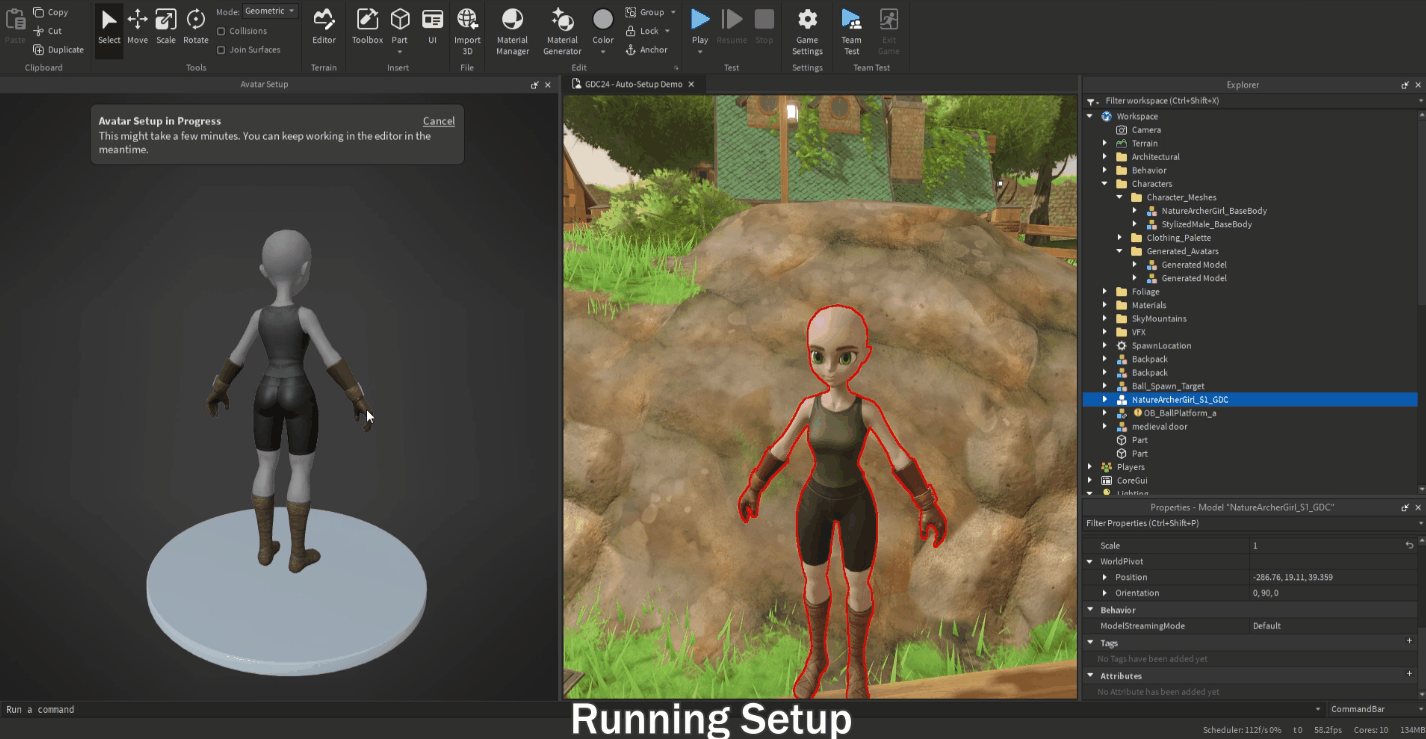
Our new Avatar Auto Setup tool quickly converts 3D models into avatars**
And soon, we’ll offer templates allowing creators and brands to build customizable shopping experiences dedicated to the buying and selling of avatar items. For example, Dress to Impress is a space that celebrates diversity and inclusivity, and where users can dress up as themselves and then walk a runway or vote on others’ looks.
There’s a growing number of experiences like this, and we’ll begin by surfacing them in Marketplace, which will help connect the creators and brands who make them with the broader audience there.
Evolving Marketplace to Foster More Self-Expression
We want Marketplace to be a more inspiring, personalized, and social shopping experience than ever before. In the coming year, we’ll expand what’s available there beyond individual items and focus on developing an avatar-first shopping experience. This will create more personalized and diverse content and unlock social shopping. It will also provide new ways for creators and brands to share their collections and connect with their audience.
Avatar-first shopping experience
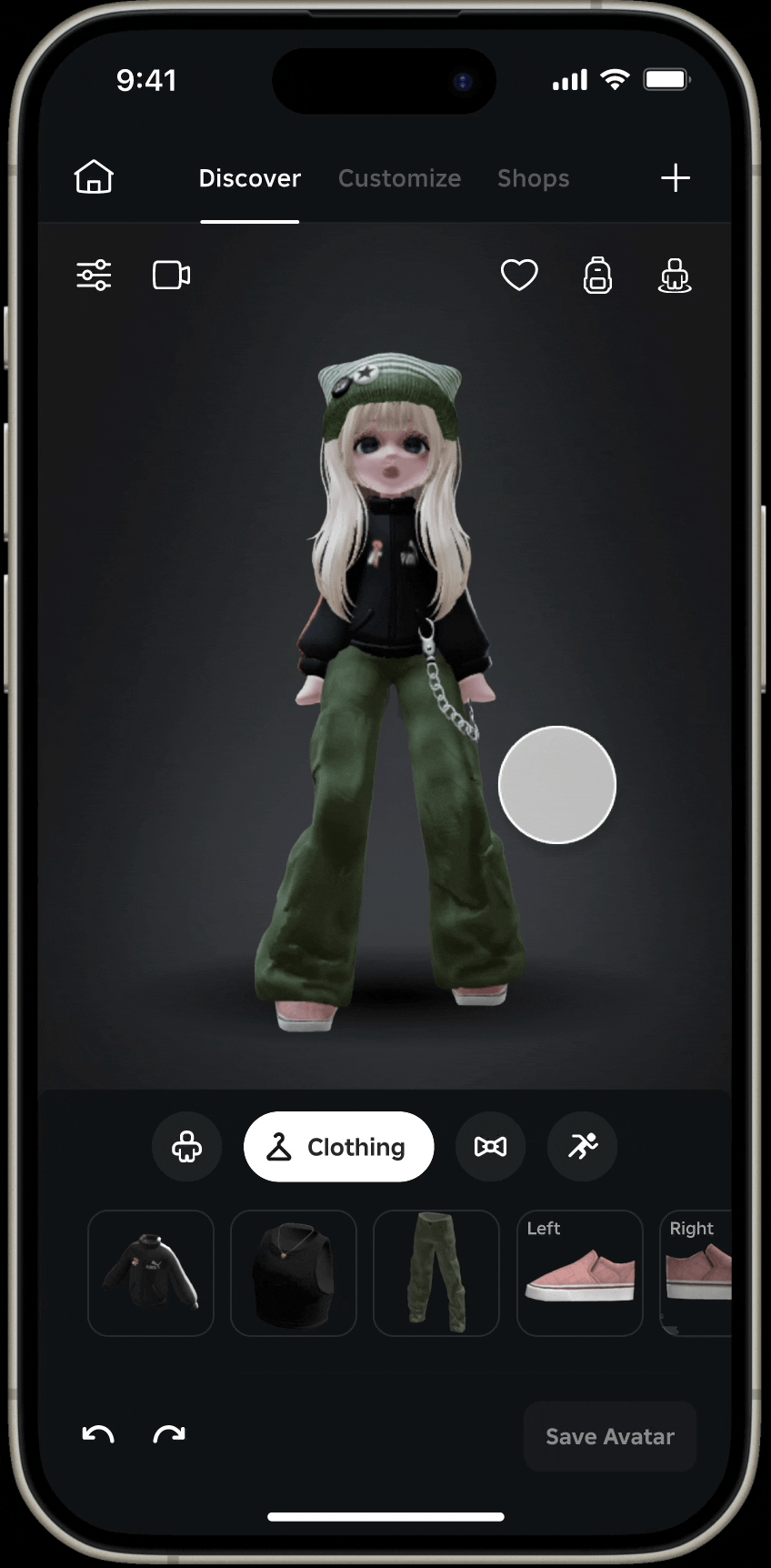
Buy entire outfits or mix-and-match before you buy.**
Since its inception, Marketplace has been dedicated to selling individual avatar items. Now, the Marketplace shopping experience is evolving. Users will be able to find inspiration from styled avatars and outfits and buy an entire outfit’s items, or just some of it. Shopping in Marketplace will soon be similar to the physical world. When users look for a specific item, they’ll be able to see how everything they discover would look in their existing wardrobe or what they might wear it with.
That’s important because we know that when users shop in Marketplace, they want to complete their avatar’s look with multiple items. In fact, users buy more than one item 60% of the time.
In addition, Roblox users can search for outfits. That means creators and brands can express their full creative vision by selling entire looks and avatars rather than just single items. And creators will be able to collaborate and sell outfits made of items by different people.
More Personalized and Diverse Avatar Content
We know that many people on Roblox want to express their individual personalities and identities. To do that, shopping needs to be personalized and it should be easy to move between discovery and avatar customization. That’s why we’re developing new tools that make all that possible.
For example, AI has become a crucial technology across our entire platform, powering things like creation and safety. Soon, it will provide individual shoppers with diverse and personalized items rather than showing everyone the same list. Someone might see collections or outfits from creators or brands that fit their style or outfits that are popular with their friends. They might also see trending shopping experiences, or seasonal collections (like for Halloween or Christmas).
A More Social Marketplace Will Unlock Users’ Creativity
Digital fashion is increasingly a source of inspiration, and we believe the next wave of fashion designers will emerge on our platform. We want to support their efforts, and we’re proud to see digital designs created on Roblox recreated in the physical world. For example, at RDC 2023, we showcased physical replicas of two Parsons School of Design students’ Roblox creations.
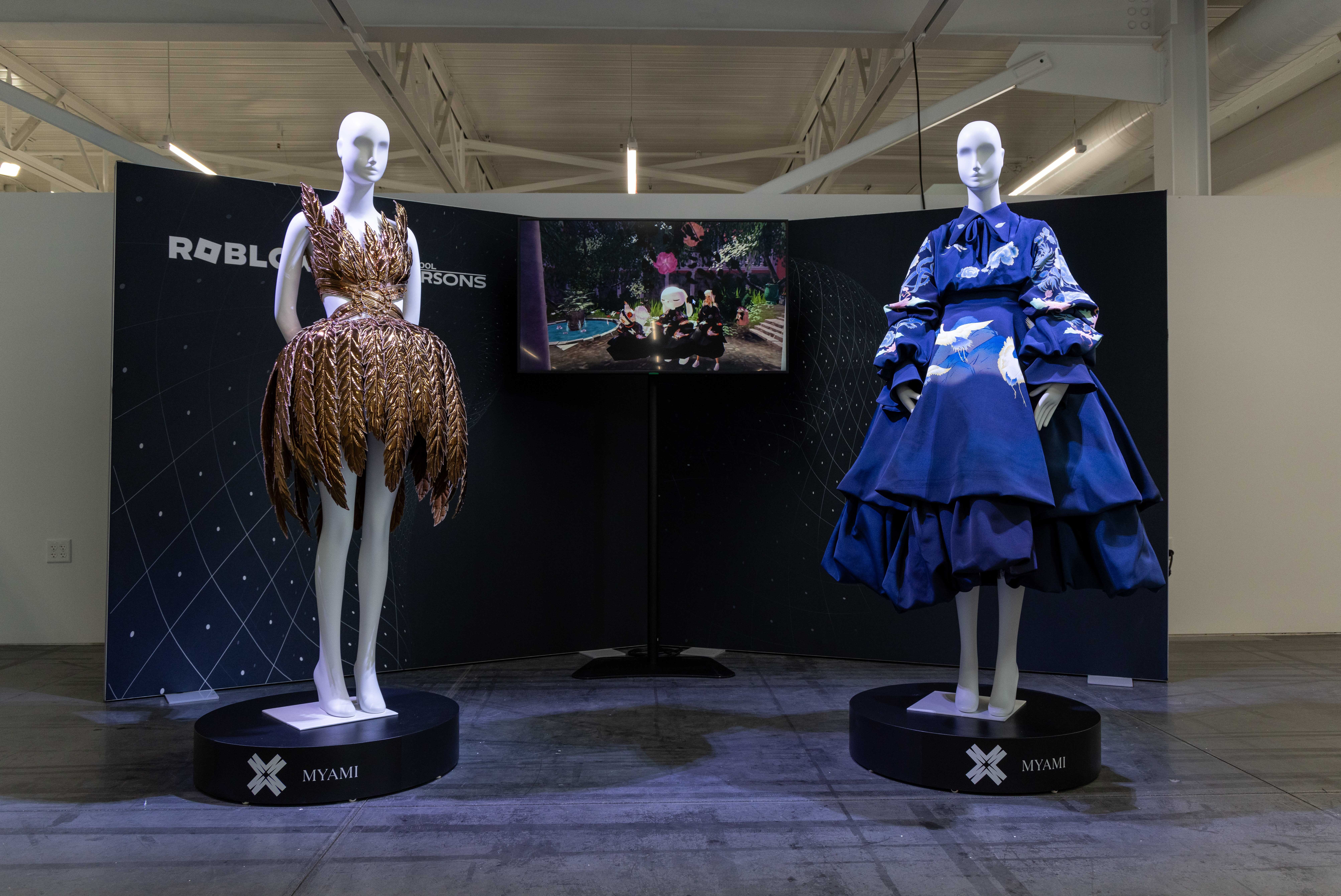
At RDC 2023, we showcased physical replicas of two Parsons School of Design students’ Roblox creations.
Going forward, we’ll make it easier for users to discover and follow new creators and brands and always stay up to date on their latest offerings. In turn, creators and brands will have new ways to connect with their audience and showcase their creations.
Many people see their avatars as intrinsically social — a way to connect with friends. We want to help them share their newest avatar outfits. Many users and creators are already doing that by posting screenshots or videos on external social or messaging platforms.
WhoseTrade, who created 20 items which sold more than 100,000 times (and dozens more with at least 50,000 sales), is an exceptional example. He collaborated with the electronic music brand Monstercat on a rare Limited that sold for 1 million Robux, as well as with Nivea. Like others, he’s significantly grown his social channels by posting his creations.

Soon, users will be able to share their latest avatar creations or newly-purchased items on Roblox. We think this will unlock more creativity for many users. It will also help them become curators and influencers while boosting creators’ exposure.
Laying the Foundations of A Healthy Marketplace
We’ve developed new methods to help creators and brands find success. Those include tools to defend their IP, maximize their earning potential, and simplify managing competitive pricing.
Protecting Creativity
We recently launched Rights Manager, which helps creators, developers, and brands manage their content and IP on Roblox, and increases transparency around filing removal requests.
We’ve also introduced a publishing advance system that inspires creators to focus on their highest-potential creations rather than generic items that distract buyers.
At the same time, to ensure accountability and deter bad actors, creators wanting to build on Roblox must verify their identity through our ID verification process. This allows us to enforce our Marketplace policies and deter violators from returning to the platform.
An Economy Responsive to Supply and Demand
Our virtual economy should reflect market conditions, so we’re implementing a new system to ensure prices on Marketplace respond to supply and demand.
Previously, some creators had a difficult time knowing how to price their items and when such prices should be increased or reduced in response to fluctuating market demands. Guessing at how to price items does not benefit creators or buyers.
Our new system can help support smarter pricing to better reflect market conditions by automatically setting the lowest price in an item category based on demand. We also give creators controls that let them set rules for how much to charge for their items relative to these dynamic prices. We’re confident this will help make sure creators can earn a fair return while giving consumers more access to items at fair market prices.
Diverse Ways of Expression
We know that the Roblox ecosystem is richer and stronger when we enable varied and diverse ways for people to create and express themselves. We’re excited to build tools and systems that expand our creator community while giving people more opportunity to buy things they’ll love.
____________________________________________________________________________
* As of Q4 2023
** Rendering shown for illustrative purposes only. Actual features and other visual depictions may vary and are subject to change at any time.
The post Making Creation and Expression Easier for Anyone In Marketplace appeared first on Roblox Blog.

